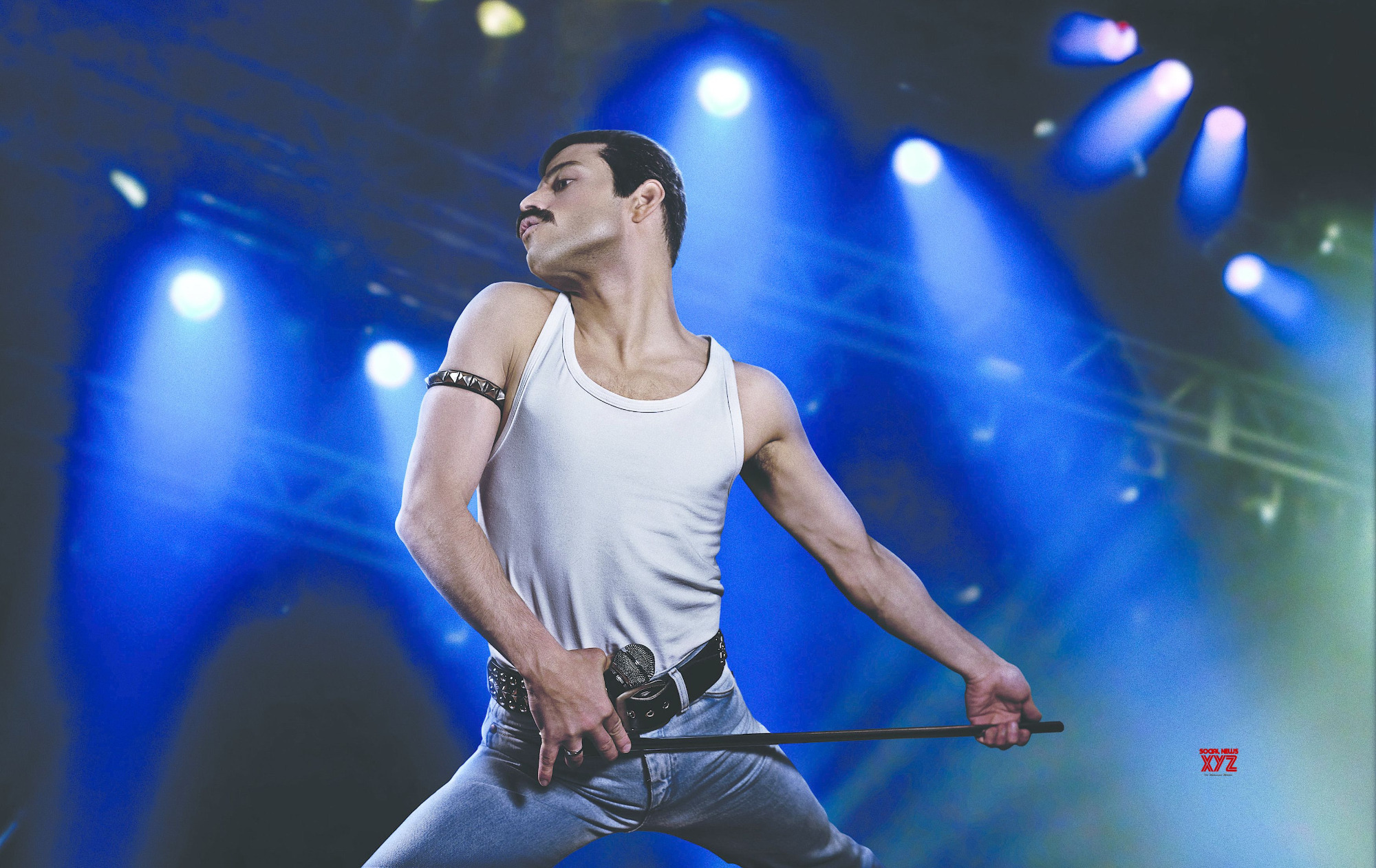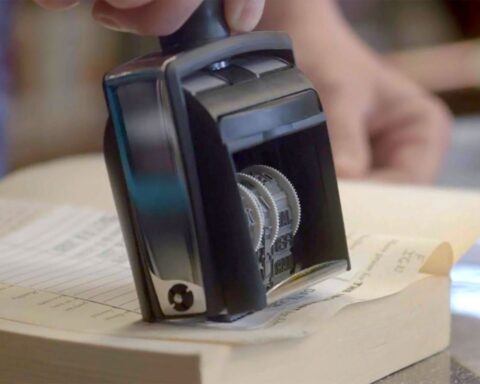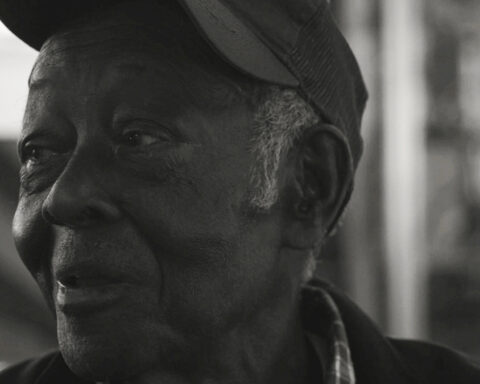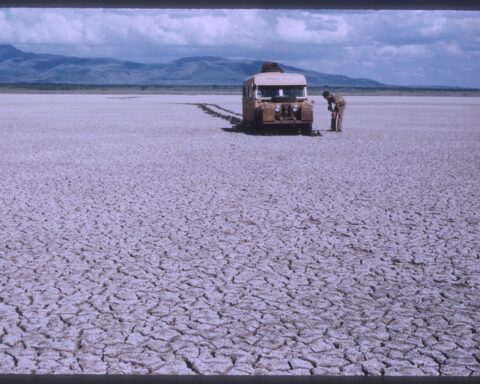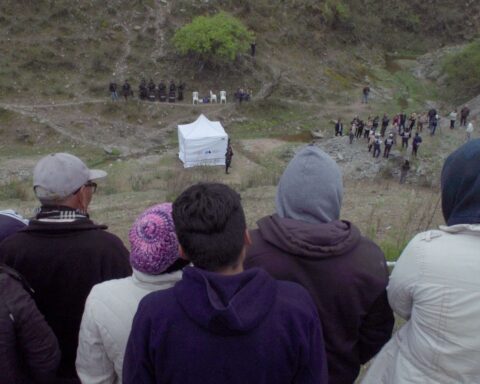At Hot Docs 2017, Austrian filmmaker Rudi Dolezal screened Whitney: Can I Be Me?, the award-winning bio-documentary he co-directed with Nick Broomfield. (I interviewed Dolezal for POV and reviewed the film.) The prolific documentarian and music video specialist, who swings back and forth between offices in Vienna and Miami, has covered artists ranging from Tom Waits to David Bowie and The Rolling Stones. Of the many performers he filmed and interviewed, three became close friends: Houston, Frank Zappa, and Freddie Mercury.
Since his Hot Docs appearance, Dolezal has engaged in multiple projects, including the completion of a second, more personal Houston doc: Whitney Close-up. Still in contact with Mercury’s Queen band mates and the group’s management, Dolezal is developing various Freddie Mercury related projects. Back in the day, he directed many of Queen’s music videos, including the dying Mercury’s last: I’m Going Slightly Mad, which, Dolezal told me during a recent interview, Freddie watched repeatedly, obsessively, and Days of Our Lives.
The filmmaker also made the definitive feature length doc, Freddie Mercury: the Untold Story, which was doubtlessly source material for the Oscar favourite and international bio-drama hit, Bohemian Rhapsody.
Dolezal was about 17 when he first met Freddie Mercury in the bar of the Munich Hilton. “I was a young television reporter for Austrian television, and I was very nervous,” he told me. It was late afternoon. Mercury was fed up after what he called a “shit day with so many interviews.” Something clicked between the two. Mercury, who “called everybody darling, said ‘Darling, you’re going to get the best interview. Because you are the last one.’
“It was a pretty good interview,” Dolezal recalls. Lines from it were lifted for Bohemian Rhapsody, for instance when in the press conference sequence, Mercury (played by Best Actor Oscar winner Rami Malek), says, “I’m just a rock ‘n roll prostitute.” Mercury also claimed to Dolezal, that if “people didn’t buy his records anymore, he would become a strip artist. I asked, ‘To what music would you strip?’ He said, ‘To all the songs I’ve written, that’s why I wrote them.’”
The interview complete, Dolezal did what he says many filmmakers only promise to musicians. He sent a finished version of the interview, as it was broadcast, to Queen management. Mailing the VHS cassettes led to a huge, life-changing surprise. “Years later, they called me up for my first Queen video.” Insecure about his gifts at the time, Dolezal is now proud that he impressed Mercury as a filmmaker. Nothing else, apart from mutual admiration, was on the agenda. Throughout their lengthy personal and professional relationship, gay Freddie never came on to exuberantly heterosexual Rudi.
Naturally, Dolezal became increasingly fascinated by Freddie’s complexity, his contradictions.
“There’s a beautiful shot in one of my documentaries, where I filmed Freddie when he came off the stage of Wembley stadium in 1986. He had the stadium in his hands,” and he was bigger than life. “When the moment was not seen by the public anymore, he became ten feet smaller. He went into himself. In private, he was a regular guy.” Dolezal, who thinks continually in visuals, says Mercury, one of the most flamboyant of all megawatt rock stars, “was like a shy deer, hopping away into the snow.”
It’s possible that Mercury’s shyness, not to mention his faultless politeness, derived from his Parsi background and conservative education in Zanzibar, where he was born, and in India. Dolezal says that he and Freddie never discussed the impact of religion on him, but for sure, “It was very important to him that his parents were not offended too much” by his stage persona and sexuality. Who knows whether they were aware of his themed (Black and White, Crazy Hats, etc.) parties, which could get wildly orgiastic.
Queen’s manager Jim Beach and drummer Roger Taylor invited Dolezal to the world premiere of Bohemian Rhapsody in London. Overall, he admires the film as an artistic and international box office hit. “It is amazing what love for detail the production team took to re-enact things that happened, some of which I filmed, and some of which was re-shoots of shots that I did.” From clothes to shot size during the Live Aid sequence, the movie gets much of the story and how it was visualized right.
As for historical inaccuracies and gaps, which Queen insiders complained about at the premiere, Dolezal gets that, but “80 to 90% of the people will not miss anything. They will leave the cinema fulfilled.” Moreover, if filmmakers tried to embed all the details of such a complex, lengthy story it would be “a) boring, and b) take forever. That was not my problem.” Dolezal does have a couple of criticisms of Bohemian Rhapsody. Most importantly, he notes, “Freddie was a super funny guy. He was crazy, but in a good way crazy. In private, we were laughing our heads off. I think that was not very strong in the picture.”
Dolezal’s memories of a considerate, generous friend move him deeply. “He would send flowers on your birthday unexpectedly. In the later years, in London, regardless of whether I was doing a Queen video or not, we came together.”
Near the end, Dolezal recalls, “We were in his house, sitting next to each other, watching television during the afternoon. There was no talk about AIDS.” When it came time to say goodbye, Dolezal was a little apprehensive. At the time there were all kinds of rumours about what caused the disease. And “usually when Freddie and I parted, we gave each other a kiss on the cheek,” a friendship kiss.
“There was no way I would ask Freddie.” Dolezal says. “It was a nice, friendly, intimate afternoon. It came to the moment when I left. And of course I kissed him. Because I knew, and this is very important, he would have told me not to kiss him if it was dangerous. I was safe with him. That is how Freddie was. You were safe with him. He didn’t do anything behind your back.”




